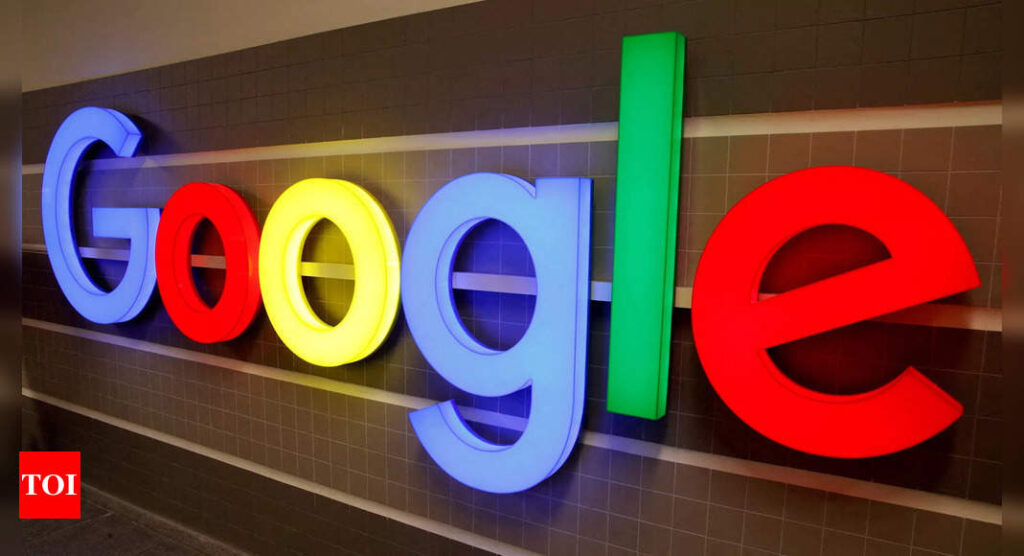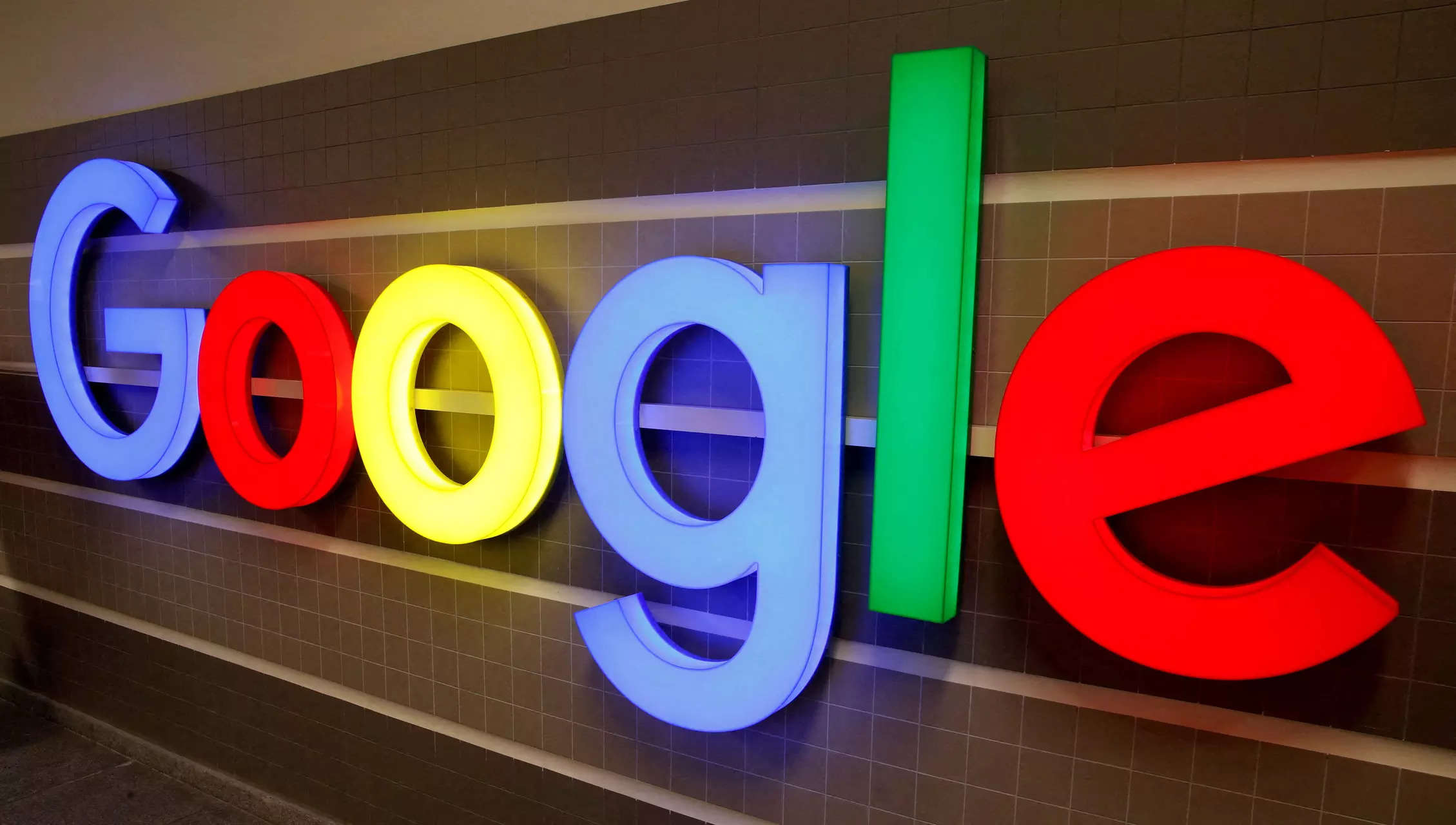[ad_1]
GSP is a Google program that allows publishers to run custom Google searches within their sites, which extend Google Search campaigns.
“These included websites such as Breitbart.com, sites containing pirated content, hardcore pornographic sites, and hundreds of putative Iranian websites, which may potentially be under US Treasury Office of Foreign Assets (OFAC) sanctions,” the report said.
Google denies the accusation. In a post on X, formerly Twitter, Google’s vice president of global ads, Dan Taylor, said they will ensure they follow US sanctions and their own policies, but alluded to Adalytics’ previous reports as having inaccuracies. He added that Adalytics has a track record of publishing inaccurate reports that misrepresent Google’s products and make exaggerated claims.
Incidentally, the report includes various screenshots of advertisements close to problematic content, violating Google’s policies. Apple, Amazon, BMW, Goldman Sachs, KPMG, Walmart, and Meta were among the brands affected, while several alcohol brands had mismatched advertising and were placed on children’s websites.
The report further claims that not just brands but even politicians, including US Senators Ted Cruz and Amy Klobuchar, were located on the violating websites.
“It’s the first time in history, we face the unsettling reality of AI committing crimes. Google’s advertising algorithms demand scrutiny. The EU Commission must wield its audit powers to demand transparency and accountability about […] the PMax and other ad bidding algorithms,” a member of the European Parliament (MEP) Paul Tang said.
These revelations come just months after Adalytics published a scathing report about Google Video Partners, a YouTube campaign extension product that it claimed sold subpar placements as premium inventory and gave advertisers almost no visibility into where their ad dollars were going.
[ad_2]
Source link











More Stories
Google Maps: Three privacy features coming to Google Maps on Android, iPhones
Most-Downloaded IPhone App: This Chinese app was the most-downloaded iPhone app in the US in 2023
Ukraine’s largest mobile operator goes offline for millions of users after cyber attack